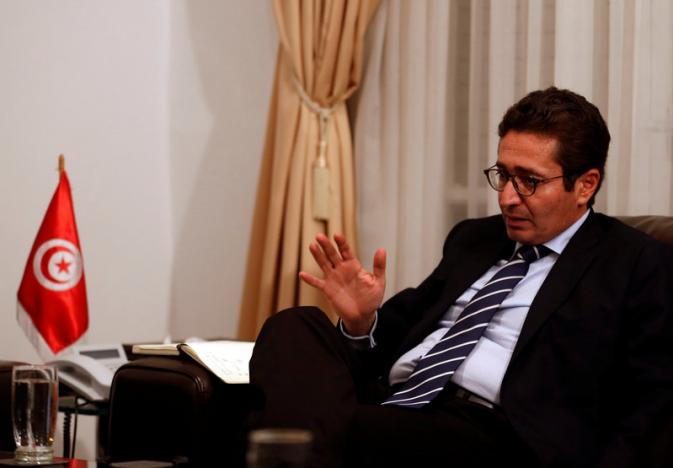Tunisia- Tunisian Minister for Development, Investment and International Cooperation Mohamed Fadhel Abdelkefi said that the economic revival witnessed by Tunisia during the first nine months of 2017 doesn’t put an end to the state’s budget challenges.
During “Tunisia – China: A Partnership for the Future” forum, Abdelkefi noted that there is a shortage in the funding to cover the state’s budget during the next year amidst a suspension of the traditional growth drivers such as the revenues of the tourism sector.
He underscored the capability of Tunisia to correct these complicated economic conditions and refund economy without refuging to tax pressure and excessive debt through developing partnership between the private and public sectors and providing austerity and censorship – an experience that had fruitful results in countries of economy similar to that of Tunisia.
Through this forum, Tunisia is looking forward to a new strategic finalizing of the successful partnership with China based on joint interests. This strategy would also permit Tunisia to attract necessary funding and investment to achieve economic revival.
One third of Tunisia’s commercial deficit is ensued from its exchanges with the Chinese economy in which Tunisia’s imports from China reached 60% of total exports – this indicates that there should be an amendment of the trade balance with the second biggest economy in the world.
The forum tackles three axes that include trade exchanges and strategies that suggest alternative solutions so that it doesn’t stick to importing and manages to attract Chinese tourists whose number reaches 230 million tourists in the world, in addition to a strategy related to the financial and diplomatic aspects.
